Cluster 6: Food, Bioeconomy, Natural Resources, Agriculture and Environment
 According to UK Research Office (UKRO), the Commission’s Directorate-General for Research and Innovation will host Information Days for Horizon Europe Cluster 6 on 13-14 December 2022.
According to UK Research Office (UKRO), the Commission’s Directorate-General for Research and Innovation will host Information Days for Horizon Europe Cluster 6 on 13-14 December 2022.
This event will present the research topics proposed under the yet-to-be published 2023 Work Programme of Cluster 6 (Food, Bioeconomy, Natural Resources, Agriculture and Environment). A separate brokerage session will take place on 19 December.
Information is not yet available on the registration method or format of the events; a detailed agenda has not been published either.
BU academics can refer to our UKRO’s dedicated Cluster 6 Factsheet for an overview of the main policies and topic areas involved (login details required).
Cluster 5: Climate, Energy & Mobility
 The Commission’s Directorate-General for Research and Innovation will host hybrid Information Days for Horizon Europe Cluster 5 on 15-16 December 2022
The Commission’s Directorate-General for Research and Innovation will host hybrid Information Days for Horizon Europe Cluster 5 on 15-16 December 2022
The event will present the research topics proposed under the yet-to-be published 2023 Work Programme of Cluster 5 (Climate, Energy & Mobility) with focus on twin green and digital transitions to achieve climate neutrality in Europe by 2050.
A separate physical pitching session and brokerage session organised by the Cluster 5 National Contact Points will take place in the afternoon on 15 December.
Limited physical registrations will be possible via the official Info Days registration page. Online participation will be possible without prior registration. The detailed agenda and practical details are available on the event website.
BU academics can refer to our UKRO’s dedicated Cluster 5 Factsheet for an overview of the main policies and topic areas involved (login details required).
Horizon Europe association
 As you may know, Government’s policy is to encourage UK researchers to continue to apply for Horizon Europe grants despite uncertainty over association. This time I wanted to tell how other countries are progressing with the association.
As you may know, Government’s policy is to encourage UK researchers to continue to apply for Horizon Europe grants despite uncertainty over association. This time I wanted to tell how other countries are progressing with the association.
According to Research Professional, New Zealand is ready to start formal talks on association to the Horizon Europe programme. On 18 October, New Zealand’s science minister, Ayesha Verrall, “expressed her willingness” to enter formal negotiations.
Earlier this year, New Zealand and Canada concluded exploratory talks on possible association to Horizon Europe, which would give their scientists similar access to the bloc’s member states to the parts of the programme covered by the agreement, in exchange for budget contributions.
Let’s wish New Zealand to have more luck than we have had so far.
In the meantime, Australian official claims EU put limits on Horizon access. An official from a second country has said it was the EU that limited the scope of talks on association to the bloc’s research and innovation programme.
So far, 16 countries have associated across Horizon Europe. Kurt Deketelaere, secretary-general of the League of European Research Universities, warned that it “really is worrying” that research-intensive countries are being “excluded” from parts of Horizon Europe for “unknown reasons”.

 The UKRI Future Leader Fellowships aim to grow the strong supply of talented individuals needed to ensure a vibrant environment for research and innovation in the UK. The scheme is open to early career researchers and innovators from across business, universities, and other organisations and from around the world.
The UKRI Future Leader Fellowships aim to grow the strong supply of talented individuals needed to ensure a vibrant environment for research and innovation in the UK. The scheme is open to early career researchers and innovators from across business, universities, and other organisations and from around the world.


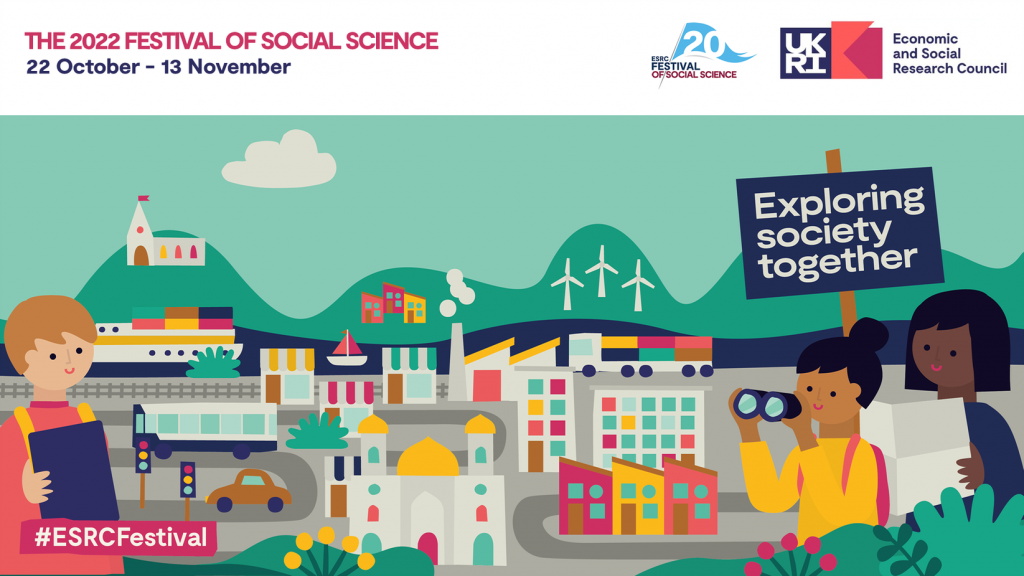
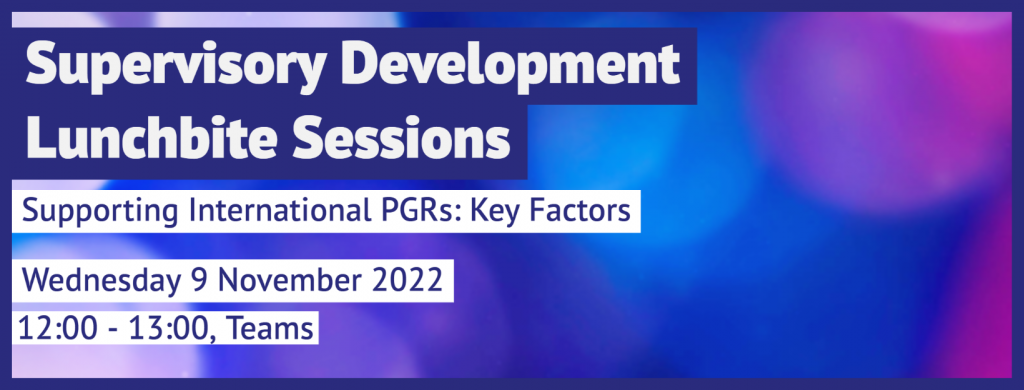



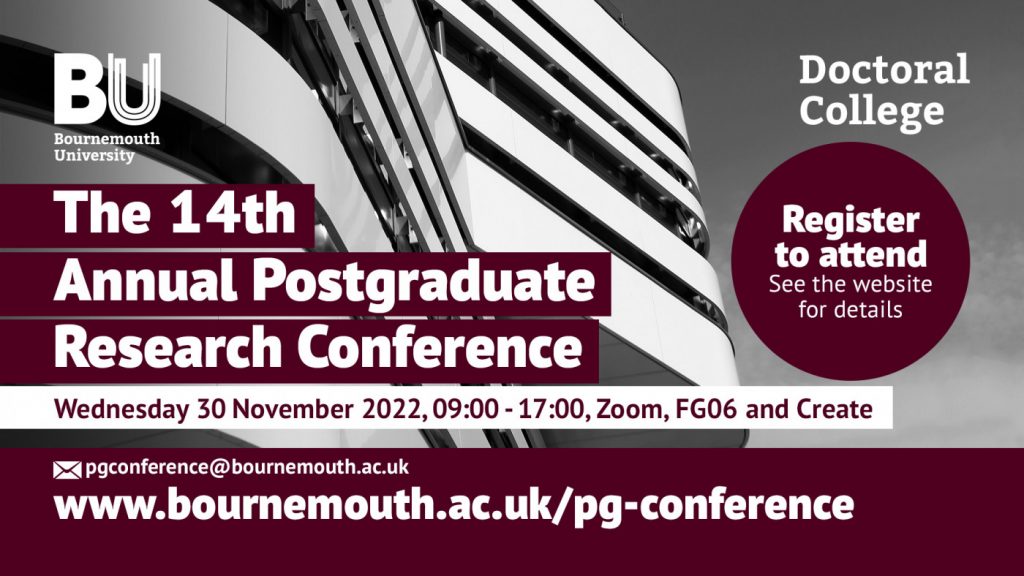
 According to UK Research Office (UKRO), the Commission’s Directorate-General for Research and Innovation will host
According to UK Research Office (UKRO), the Commission’s Directorate-General for Research and Innovation will host  The Commission’s Directorate-General for Research and Innovation will host hybrid
The Commission’s Directorate-General for Research and Innovation will host hybrid  As you may know, Government’s policy is to encourage UK researchers to continue to apply for Horizon Europe grants despite uncertainty over association. This time I wanted to tell how other countries are progressing with the association.
As you may know, Government’s policy is to encourage UK researchers to continue to apply for Horizon Europe grants despite uncertainty over association. This time I wanted to tell how other countries are progressing with the association.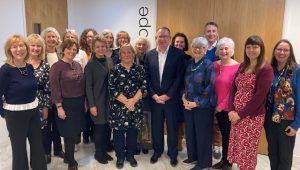
 Each session will cover the latest major funding opportunities, followed by a brief Q&A session. Sessions will also include a spotlight on a particular funding opportunity of strategic importance to BU. Sessions will be on Wednesdays, from 12 pm for half-an-hour. The same link can be used each week to join
Each session will cover the latest major funding opportunities, followed by a brief Q&A session. Sessions will also include a spotlight on a particular funding opportunity of strategic importance to BU. Sessions will be on Wednesdays, from 12 pm for half-an-hour. The same link can be used each week to join 



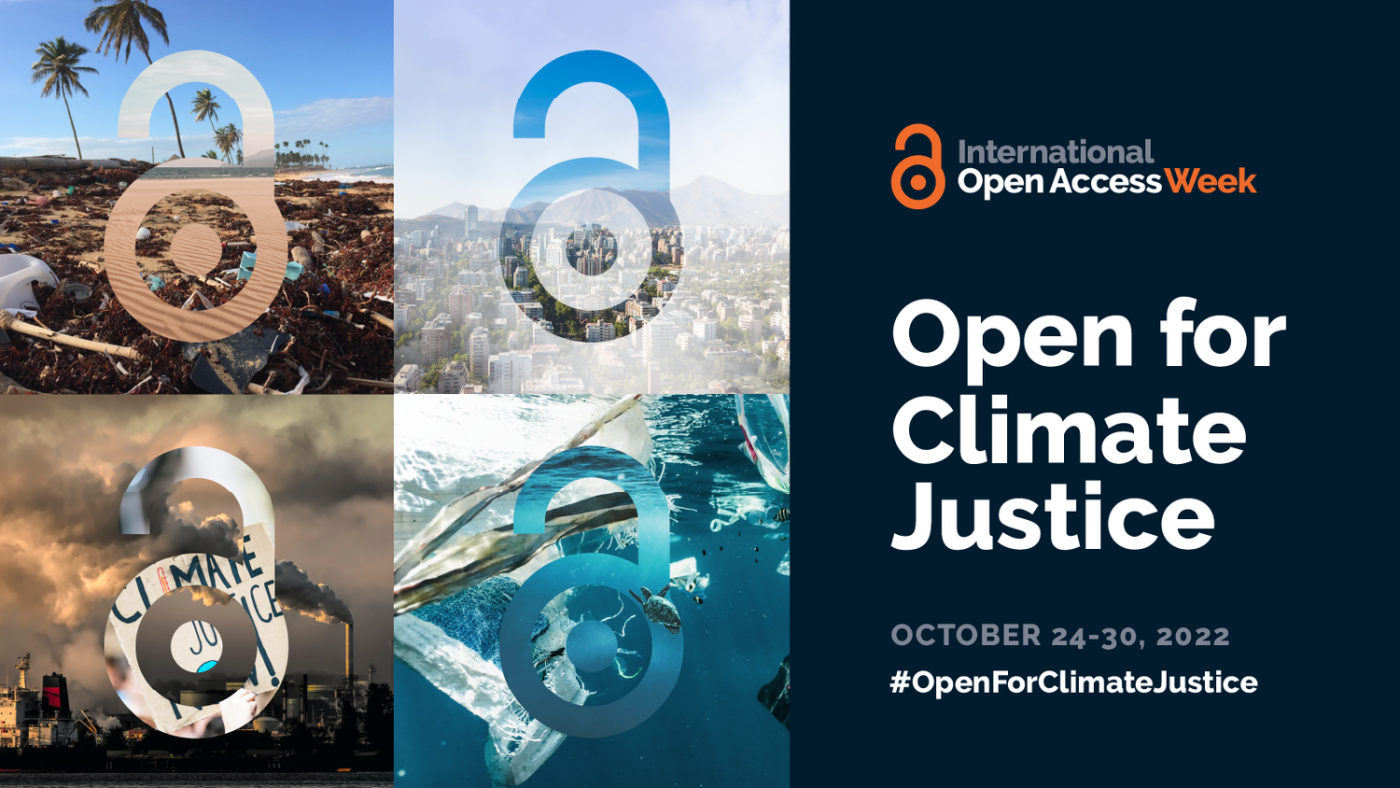
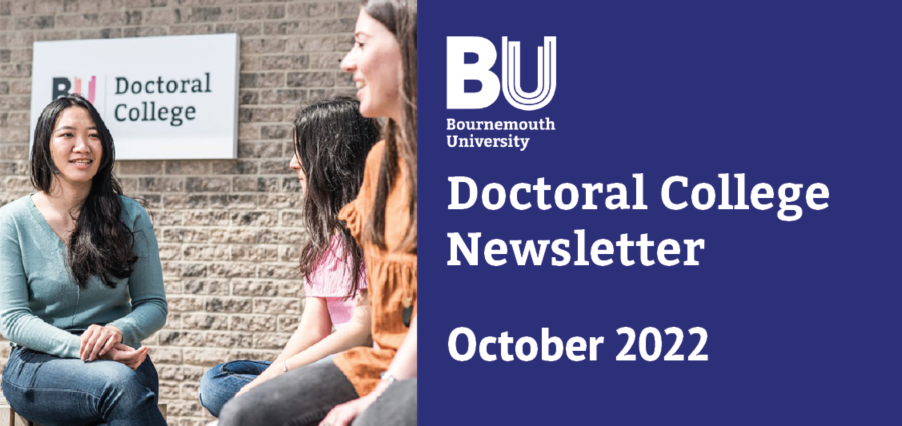












 New weight change BU paper
New weight change BU paper One week to go! | The 16th Annual Postgraduate Research Conference
One week to go! | The 16th Annual Postgraduate Research Conference Geography and Environmental Studies academics – would you like to get more involved in preparing our next REF submission?
Geography and Environmental Studies academics – would you like to get more involved in preparing our next REF submission? Congratulations to three former BU staff
Congratulations to three former BU staff MSCA Staff Exchanges 2024 Call – internal deadline
MSCA Staff Exchanges 2024 Call – internal deadline Applications are now open for 2025 ESRC Postdoctoral Fellowships!
Applications are now open for 2025 ESRC Postdoctoral Fellowships! Horizon Europe – ERC CoG and MSCA SE webinars
Horizon Europe – ERC CoG and MSCA SE webinars MaGMap: Mass Grave Mapping
MaGMap: Mass Grave Mapping ERC grants – series of webinars
ERC grants – series of webinars